Glowiak Hilton law removes transportation barriers for sexual assault survivors
- Details
 SPRINGFIELD — After experiencing a sexual assault, survivors often face the added stress of arranging a ride to a safe location once their medical exam is complete. To help ease this burden, State Senator Suzy Glowiak Hilton championed a new law that expands the state’s sexual assault services voucher program to cover transportation following treatment.
SPRINGFIELD — After experiencing a sexual assault, survivors often face the added stress of arranging a ride to a safe location once their medical exam is complete. To help ease this burden, State Senator Suzy Glowiak Hilton championed a new law that expands the state’s sexual assault services voucher program to cover transportation following treatment.
“For someone who experienced trauma and found the strength to seek medical help, not having the means to get to their next location is overwhelming,” said Glowiak Hilton (D-Western Springs). “Expanding the state’s voucher program helps ensure survivors are cared for every step of the way, including after they leave the hospital.”
After an individual receives medical care for a sexual assault, hospitals issue a voucher that a patient can use for related health care expenses. The voucher is valid for 90 days from the date of their hospital visit and can be used to cover costs of ambulance rides, medical forensic or laboratory services, pharmacy expenses and follow-up health care treatment.
Read more: Glowiak Hilton law removes transportation barriers for sexual assault survivors
Transparency on how contraband enters prisons to increase thanks to Guzmán
- Details

SPRINGFIELD —A new measure supported by State Senator Graciela Guzmán to prevent overdoses in Department of Corrections facilities was signed into law on Friday.
“In order to prevent tragic overdose deaths, we need to better understand where contraband drugs are coming from, instead of enacting policies without evidence demonstrating it will be effective in stopping the proliferation of banned goods,” said Guzmán (D-Chicago). “Thanks to our work with this legislation, we will soon have a better understanding of how these goods get into DOC facilities, so we can begin work to prevent their movement and consumption.”
Senate Bill 2201 requires the Illinois Department of Corrections to collect and publish data concerning contraband found in their facilities, including the type of contraband, where in the facility it was identified, and the method of entry into the facility. It also makes public the consequences for people in custody for possessing or attempting to procure contraband to ensure any disciplinary actions meet ethical standards and do not include excessive force.
Read more: Transparency on how contraband enters prisons to increase thanks to Guzmán
Fine law establishes baby food testing for toxic heavy metals
- Details
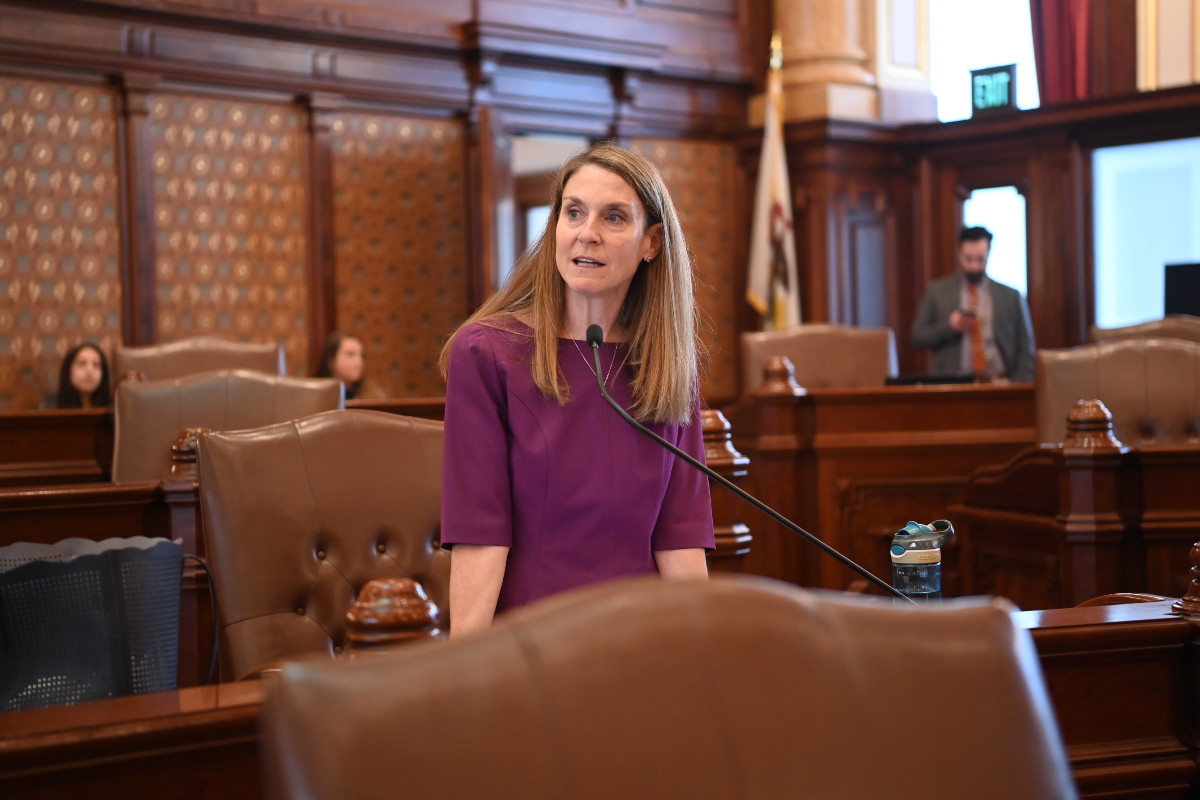
SPRINGFIELD – Protecting young children from toxic heavy metal exposure is essential to preventing future developmental delays. To address this, State Senator Laura Fine passed a law requiring baby food to be tested for toxic metals and providing parents with information about the safety of their infant’s food.
“Parents deserve the confidence that the food they’re giving their baby is safe and nutritious,” said Fine (D-Glenview). “This law provides that peace of mind by ensuring baby food is thoroughly tested and that manufacturers follow clear safety standards.”
Fine’s law requires manufacturers to test samples of their baby food products for toxic elements – such as arsenic, cadmium, lead and mercury – and disclose this information directly on the product’s website. The information must include the name and level of each toxic heavy metal found in the food, the product name, and a link to the FDA’s website with information about the health risks of toxic heavy metal exposure for children. Links to this information must also be easily accessible on the products themselves, through a QR code.
Read more: Fine law establishes baby food testing for toxic heavy metals
Hastings bipartisan school safety proposal signed into law
- Details

SPRINGFIELD — State Senator Michael E. Hastings’ proposal to put in place state standards for Illinois school districts when it comes to emergency response and threat assessments was signed into law on Friday.
“When an emergency strikes, people lock in to what they have been trained to do,” said Hastings (D-Frankfort). “Getting this bill signed into law means Illinois is working to be proactive, not reactive, when it comes to the safety of our children.”
Senate Bill 2057 requires the State Board of Education to provide school districts with standards for a school district's threat assessment procedures. The law allows the Illinois State Board of Education and the Office of the State Fire Marshall to create new rules that guide school districts, private schools, and first responders on how to develop threat assessment procedures, rapid entry response plans, and cardiac emergency response plans. The law also gives guidance for school districts notifying parents and the community of threats against a school.
Read more: Hastings bipartisan school safety proposal signed into law
More Articles …
Page 2 of 720

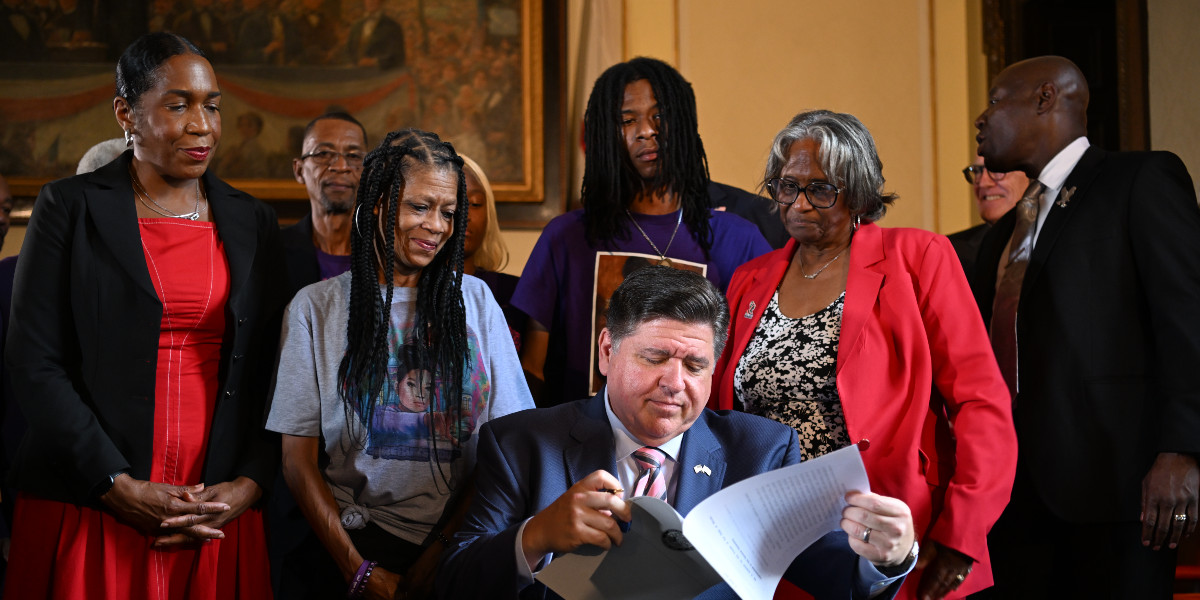
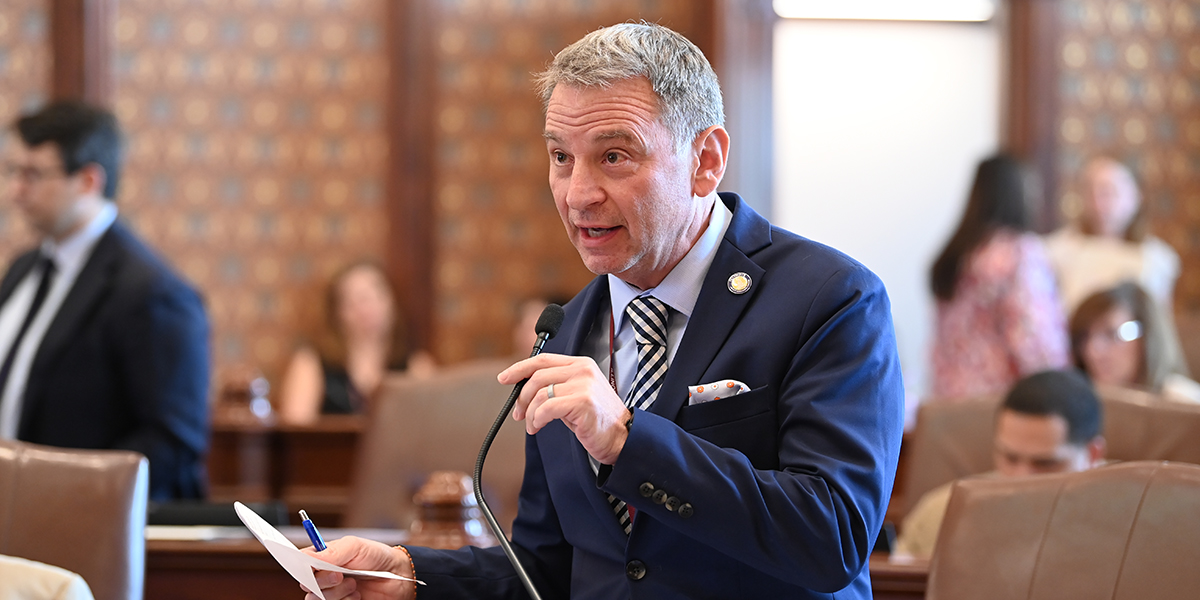
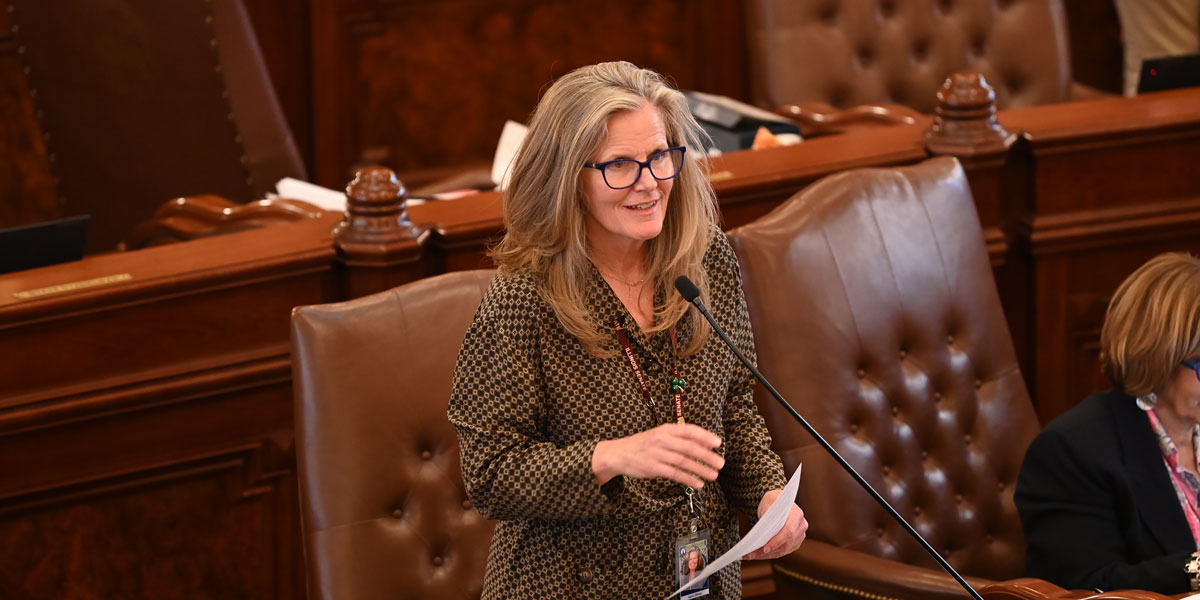
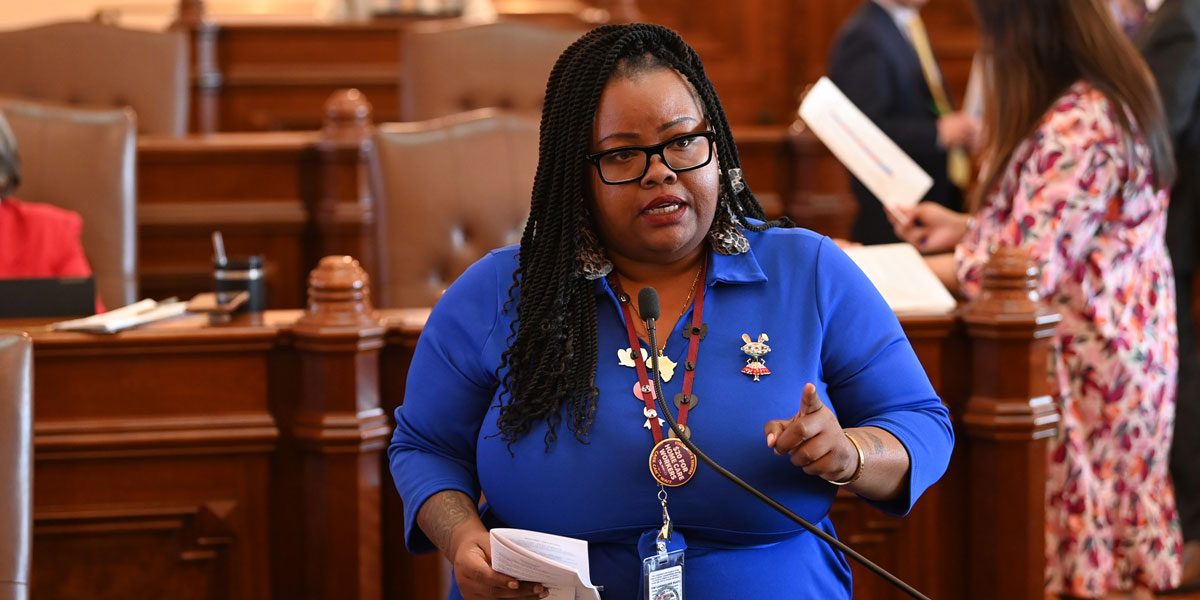

















 © 2025 Illinois Senate Democratic Caucus
© 2025 Illinois Senate Democratic Caucus